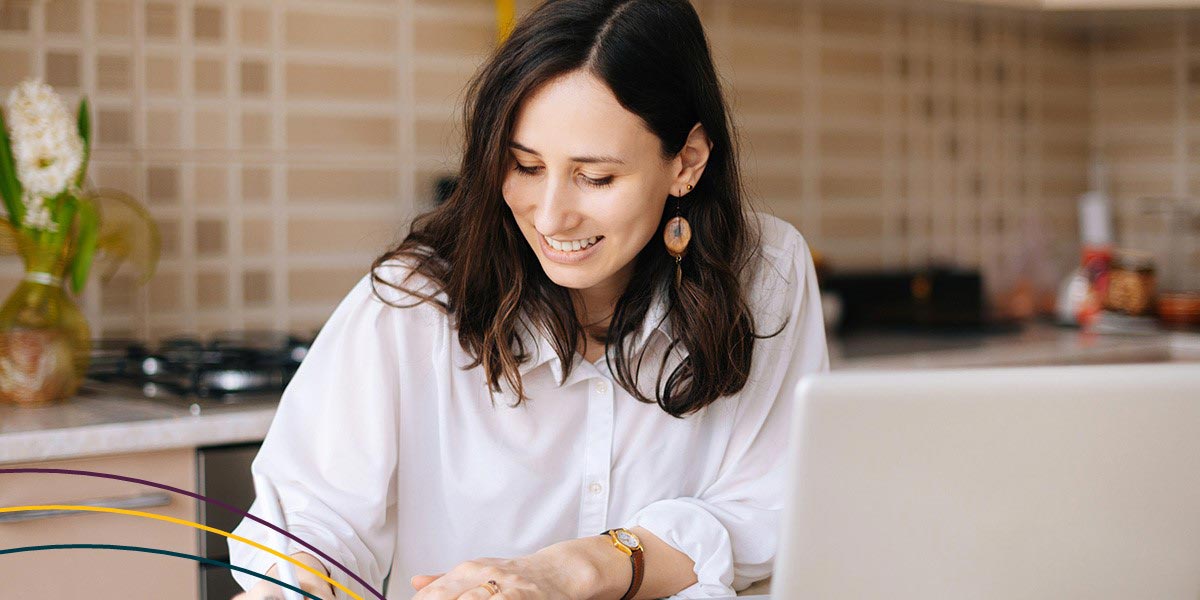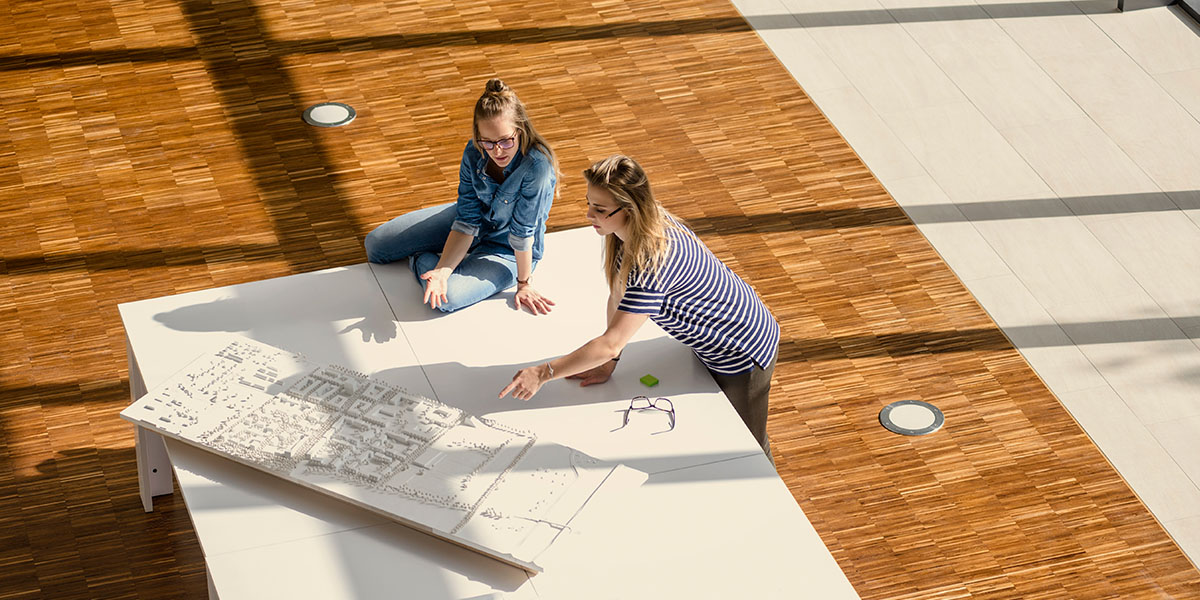You can start collecting your CPP and OAS benefits in your early 60s. But is it better to hold off for another few years? Here’s what to keep in mind before you tap into these pensions.
How to create a budget
Do you live paycheque to paycheque? No money left over for savings? It’s probably time to make a budget.

A budget is the foundation of any good financial plan. It tells you at a glance how much money you have coming in and going out. It can help you track your spending and build your savings too!
It’s an essential tool for managing your personal finances.
That’s why Sun Life advisor, Andrew Thibeault, goes through a budget with every client, no matter their income level or goals.
“We tend to think that budgets are for people who don’t earn much. That’s not true. The more money you have, the more money can slip through your fingers if you’re not paying attention. By the end of the year, it could add up to a lot of money. And that’s money you could have invested instead,” he explains.
To live comfortably, you need to do three things:
- Pay for housing/food
- Save money
- Have fun
And a budget allows you to balance all three!
How do you create a good budget?
Creating a budget requires a certain amount of research and discipline. But seeing where your money’s going can also be reassuring.
The main piece of advice from the Association coopérative d’économie familiale (ACEF) is to be as realistic as possible. You should ask yourself if your budget makes sense for the next two or three years. And you should think about setting up an emergency fund for unexpected events. Especially if you have a house and car.
“There’s no denying that spending lots of money on restaurants and shopping is much more fun. But it won’t get you any closer to your dream of buying a house or retiring. And it’s not a good financial habit either. Saving money is like brushing your teeth – it’s something you have to do. “It’s a healthy habit,” Andrew Thibeault reminds us.
There are many ways to set up a budget. The important thing is to put only the bare essentials in the living expenses column. If you include dining out every Friday and your monthly spa day, there’s a good chance you won’t have much money left at the end of the month.
What goes into a budget?
A budget should only include basic living expenses:
- Housing
- Food
- Transportation
- Clothing
The housing portion of a budget includes:
- Rent/mortgage
- Electricity/heating
- Home insurance
- School and municipal taxes
- Condo fees
When it comes to budgeting for transportation, consider things like:
- Car payments
- Car insurance
- Repairs/maintenance
- Licence plate sticker
- Driver’s licence
- Parking (at work)
- Gas
- Transit pass (subway, bus, bike rentals)
A budget also includes other essential expenses, including:
- Groceries
- Clothing (basics)
- Cable/internet
- Cell phone/home phone
- School and childcare expenses
- Life insurance
What doesn’t go into a budget?
Notice anything? Your budget doesn’t include:
- dining out,
- weekend trips,
- or leisure and hobbies.
That doesn’t mean you have to give them all up. It just means that you pay for them after you’ve covered your basic living expenses.
What budget tools are there?
A budget shows you the money going into and out of your pocket. There are some very handy tools that can help:
- This online budget calculator helps you track your monthly expenses
- The Government of Canada has a Budget Planner to create a personalized budget.
How often should you do a budget?
1. Monthly or weekly/bi-weekly
Budgeting monthly is the common frequency to calculate expenses for things like your:
- Mortgage
- Car
- Insurance
For other expenses that aren’t paid monthly, like taxes, you can divide the total amount by 12.
If you’re self-employed, you might want to draw up a weekly or bi-weekly budget. Why? Because income and expenses can vary quite a bit. It’s more work, but you can see more clearly where your money needs to go.
2. When you have a major life event
It’s also a good idea to review your budget any time there’s a major change in your life. For example:
- Starting a new job
- Moving
- Birth of a child
3. At the start of every year
You should also review your budget at the start of the year. Then you can adjust for any expenses that have gone up or down in the last twelve months.
How to budget and save money
1. Pay yourself first
One of the strategies Andrew Thibeault teaches his clients is to pay themselves first. In other words, save before spending. That way you can see how much you have left after your basic living expenses are covered. You can then divide the remaining money between your other needs and wants.
“People often make the mistake of putting money aside for a trip or having a large budget for restaurants and entertainment. They get to the end of the month with nothing left to save. They’re handling their money backwards. Typically, you should set your savings aside before making personal spending plans,” the advisor recommends.
2. Save automatically
The Chambre de la sécurité financière recommends saving 10% to 20% of your gross annual income. A good way to do this is to set up an automatic withdrawal every payday. It’s a great way to save money in an RRSP or TFSA. It’s also a good way to avoid those impulse purchases.
3. Set up a family budget that’s fair for everyone
“It’s also important to have a family budget and to stick to it. Budgeting as a couple needs to be handled fairly. That gives each person a chance to save money. It can be 50/50, 60/40 or even 70/30,” the Sun Life advisor says.
Remember: a budget is the foundation for any financial plan. In other words, it’s a great first step toward making your dreams come true!
Need help budgeting or saving?
An advisor can help you come up with a plan that starts with your budget. Then, they can work with you to create a savings strategy.
Most advisors now offer to meet Clients virtually by video chat. Find an advisor today.
This article is meant to provide general information only. Sun Life Assurance Company of Canada does not provide legal, accounting, taxation, or other professional advice. Please seek advice from a qualified professional, including a thorough examination of your specific legal, accounting and tax situation.


